Over the last 10 years, CB-SC have been utilized in international multicenter clinical trials and designated to Stem Cell Educatorâ (SCE) therapy for the treatment of autoimmune disease including type 1 diabetes (T1D), alopecia areata (AA), and other chronic metabolic inflammation-associated diseases (e.g., type 2 diabetes). Mechanistic studies have demonstrated that CB-SC displayed the strong immune modulation on T cells and monocytes such as inhibition of T-cell activation and proliferation, percentage reductions of effector memory T cells (TEM) and induction of the differentiation of monocytes into anti-inflammation type 2 macrophages (M2). However, it remains to unfold the mechanistic modulation of CB-SC on B cells.
B cells have an important role in maintaining homeostasis and the adaptive immune response through antibody production, antigen presentation and the production of multiple cytokines. Dysfunctions of B cells are actively contributed to the pathogenesis of diabetes and multiple autoimmune diseases. Therefore, it is essential to correct B cell-associated immune dysfunctions for the treatment of autoimmune diseases. Recently, Dr. Yong Zhao and his team demonstrated the CB-SC-induced immunomodulation on activated B cells by inhibiting the B-cell proliferation and the activation of naïve B cells, down-regulating the differentiation of switched memory B cells, and reducing the production of immunoglobulins. These findings lead to a better understanding of the molecular mechanisms of Stem Cell Educator therapy to treat autoimmune diseases in clinics.
For more information, please read the preprint publication at the journal BioRxiv.
